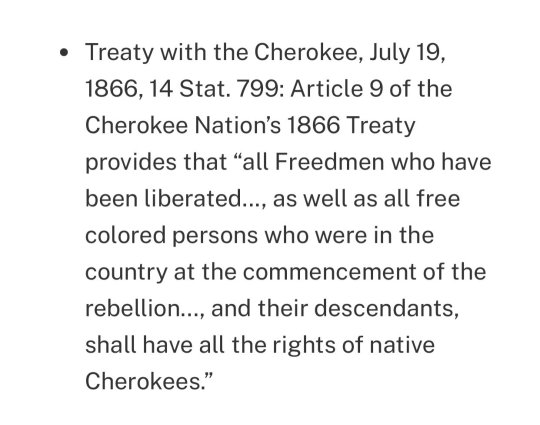#Cherokee Freedmen
Text
Freedmen Series: Cherokee Freedmen Genealogy Resources
youtube
#Youtube#Dawes#Dawes Act#Dawes Rolls#Cherokee Freedmen#Chickasaw Freedmen#Freedmen#Native American Freedmen#Citizenship#Native Citizenship Genealogy#Black Indians
2 notes
·
View notes
Text
If the Black Seminoles were Indians, why did they speak African Creole & had African names?
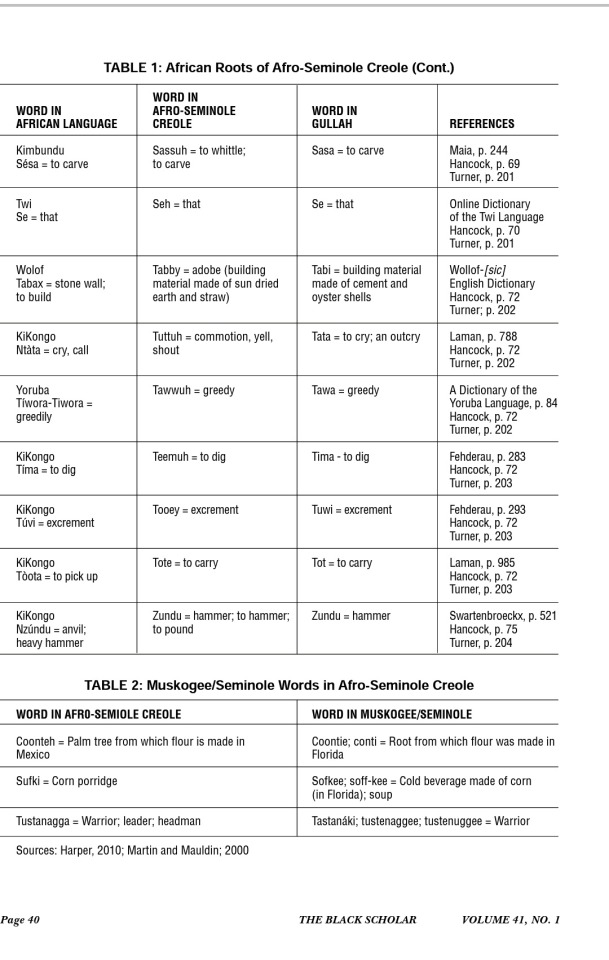
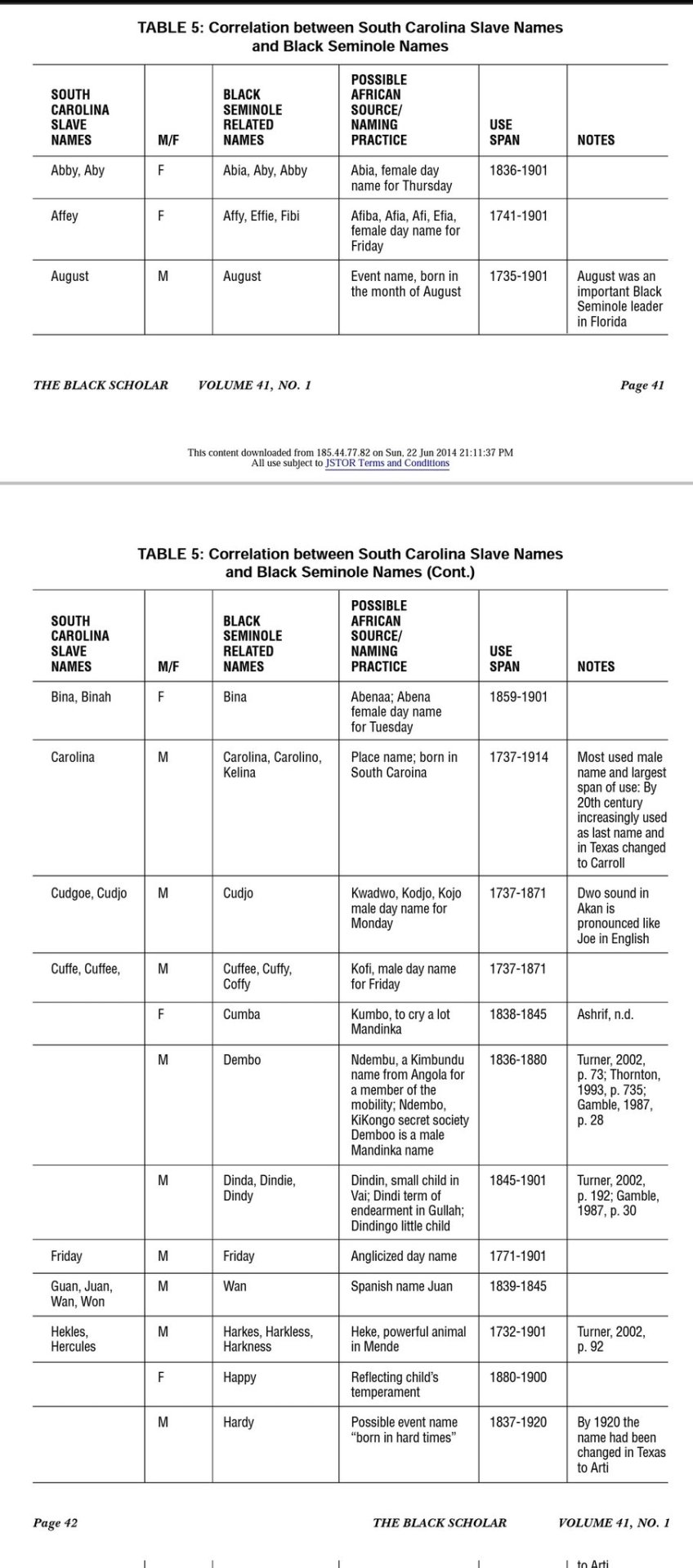
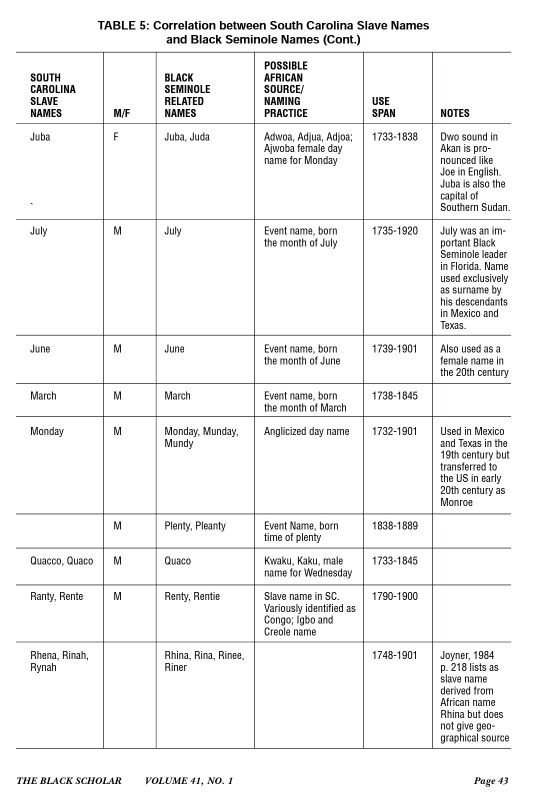
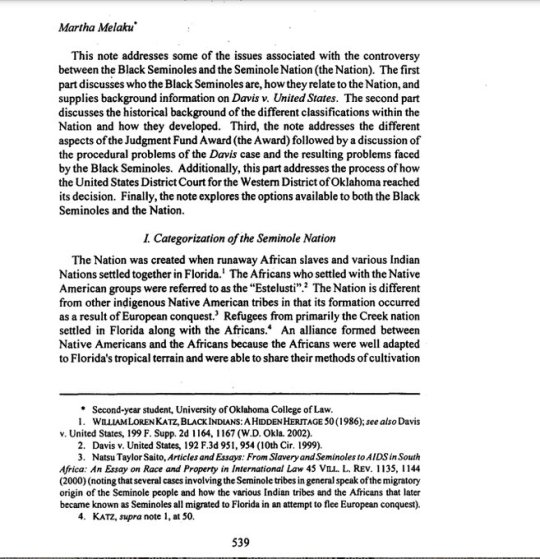
youtube
#If the Black Seminoles were Indians#why did they speak African Creole & had African names?#Africans#Freedmen#Indians#cherokees#Black Seminoles#Youtube
15 notes
·
View notes
Text
Today, Eric Flint passed away.
I know I'm probably one of the only people on this whole site who really cares about that, but goddamn does this break my heart.
For those who aren't aware, Flint was famous for being one of the best writers in the entire alternate history genre. His best work is the incredibly long-running (and genuinely well-written) Ring of Fire series, which chronicles the tale of Grantville, a West Virginian coal mining town which is magically transported back in time from the year 2000 to 1631 Thuringia during the Thirty Year's War.
Flint was a genuinely fantastic writer, and not just among the (admittedly low) standards of the alternate history genre. Flint showed that alternate history stories didn't have to be boring glorified textbooks full of unlikable characters constantly based around Nazis winning WWII or other tripe; he reminded us just how *vast* history truly could be, how storied, fantastical, and just plain fun it could be to explore, how you could included actually likable and interesting characters, how you can write genuinely interesting love stories, and have characters let their hair down and banter in a sci-fi setting.
Flint was the kind of guy to ask "What if the Serene Republic of Venice got access to magic and become an expansionist empire?", "What if hyper-advanced A.I.s traveled back in time to the Byzantine Empire and tried to re-write history in the name of either fascism or democracy?" or even "What if the Cherokee and lots of freedmen formed their own republic in Arkansas after the War of 1812?" Flint was a writer who helped uplift and support other authors, had helped save the works of authors who have been out of print for decades, and pretty much single-handedly revolutionized how modern authors do electronic publishing.
Eric Flint was a writer who reminded the alternate history and sci-fi genres that your stories can be actual stories and not just bland explorations of potentially interesting ideas.
Eric Flint passed away today, and the world is all the poorer for it.
#eric flint#sadness#rip eric flint#rip#rest in peace eric flint#1632 series#1632#belisarius#assiti shards#assiti
191 notes
·
View notes
Text
also i do want to make a point to say smthn bc im pretty strict abt proving cherokee ancestry to claim it, that does not rly apply as much to freedmen or their descendants bc not only am I not fully educated on the topic or their rolls but i'm fully aware of my tribes participation in slavery, anti-blackness, and at times alienation and prevention of rightful members participating within our tribe - in short fully proving ancestry can be much more difficult. I only ask that you do due diligence and research
5 notes
·
View notes
Text
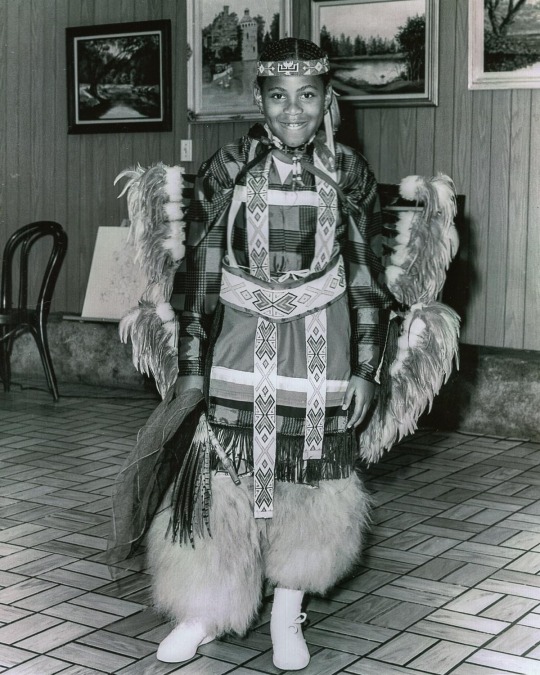
Shown in this 1980s photo wearing Plains-style powwow dance regalia, Cherokee Nation citizen Taj Nekka Starr grew up in Florida. Though far from Cherokee Nation, Starr searched for ways to stay connected to her heritage.
Learn more about the experiences of Cherokee Freedmen descendants like Starr in the exhibit “We Are Cherokee: Cherokee Freedmen and the Right to Citizenship,” continuing this summer at the Cherokee National History Museum in Tahlequah, Oklahoma. For more information, go to: bit.ly/CherokeeFreedmenExhibit
Image courtesy of Taj Nekka Starr.
11 notes
·
View notes
Text
A decision too long in coming. The Creek, like the Cherokee, were members of the "Five Civilized Tribes". One of the signs of "civilization", besides dancing socially rather than ritually, was that they engaged in the chattel slavery of blacks.
To a greater degree than the Cherokee, the Creek sided with the Confederacy in the Civil War and, as a sovereign nation, signed a separate peace treaty to end the conflict. That 1866 treaty determined that those who had been enslaved by the Creek were due citizenship with the Creek. The Creek, for whom tribal membership is matrilineal, have never been happy with this exception.
Nonetheless, the logic of the treaty is sound: upon the abolition of slavery within the Creek Nation, said Nation has a responsibility to those whom it once held in bondage. That the US dropped the ball at the end of Reconstruction does not entitle the Creek to do likewise. Ethically and legally, the Creek should accept the Freedmen as their own.
2 notes
·
View notes
Photo
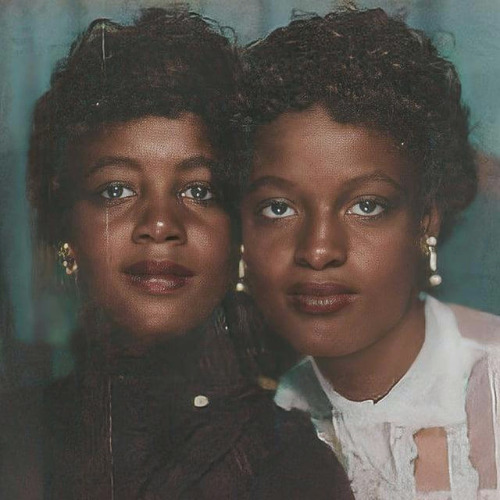
Sisters Leora Vann Allison and Barbara Waters Davidson were teens when they took this photo together in the 1950s. Their Cherokee Freedmen family has long been established in the Bartlesville, Oklahoma, community.
3 notes
·
View notes
Photo
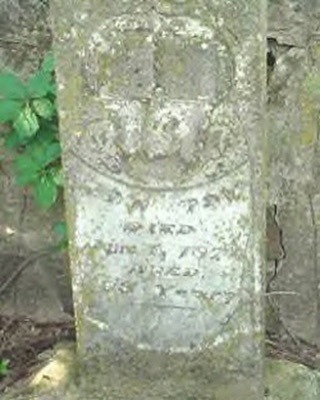
Sugar T. George a.k.a. George Sugar (C. 1827 - June 30, 1900) was born as a slave in the Muskogee Nation. This former slave emerged as a tribal leader. By the time of his death, he was said to have been the “wealthiest Negro in the [Indian] Territory.” He escaped from bondage when in November 1861, Opothleyohola, an Upper Creek chief, led 5,000 Creeks, 2,500 Seminoles, Cherokees, and other Indians, and approximately 500 slaves and free blacks from Indian Territory into Kansas to avoid living under the domination of Pro-Confederate Indian leaders during the Civil War. He joined the Union Army in Kansas, serving in Company H of the 1st Indian Home Guards. Because of his natural skills as a leader and his literacy he became a First Sergeant in his unit. He acted as the unofficial leader of Company H, taking charge after the white officer and Indian officer had been dismissed for improper behavior. After the War he rose to prominence, amassing money and influence in the Muskogee (Creek) Nation. He settled in North Fork, Colored Town, in the Nation and became a Town King (mayor). He served as a legal witness for his neighbors and often prepared letters for illiterate people in the community. In 1868 he was first elected to the Muskogee National Tribal Council, representing North Fork in both the House of Warriors and the House of Kings. He served in the National Muscogee legislature until 1895. He served on the board of the Tullahassee Mission School, a school for Creek and Seminole freedmen. He married twice in his lifetime, first to Mariah McIntosh who died in 1867, and then in 1876 to Betty Rentie. He and Betty had no children, but they adopted and raised James Sugar as their son. He raised his step-grandchildren, Rena and Julia Sugar. #africanhistory365 #africanexcellence https://www.instagram.com/p/CfbOu6guCKqi9DffotKWNjrGDO-NsxvLYf2eoA0/?igshid=NGJjMDIxMWI=
12 notes
·
View notes
Text
https://x.com/CherokeeNation/status/1689698665709875200?t=rGnhddMFQPsxiKOIMQ8Dmg&s=09
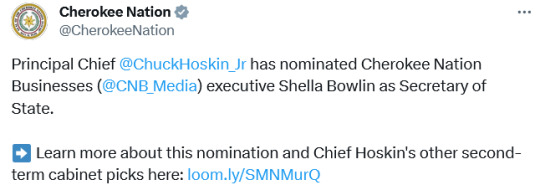


#Reparations#Cherokee Freedmen#Freedmen#Black Cherokee Tribal Affairs#Black Cherokees#Sheila Bowen#Chief Chuck Hoskin jr
3 notes
·
View notes
Text
Oklahoma-based tribes say followed rules on Freedmen rights
Oklahoma-based tribes say followed rules on Freedmen rights
Leaders and representatives of five Oklahoma-based tribes on Wednesday told a U.S. Senate committee that they have followed treaties and court rulings regarding the citizenship of Freedmen and that the federal government should respect their sovereignty.
Freedmen were the freed Black people enslaved by the Cherokee, Seminole, Choctaw, Muscogee (Creek) and Chickasaw nations. They were guaranteed…
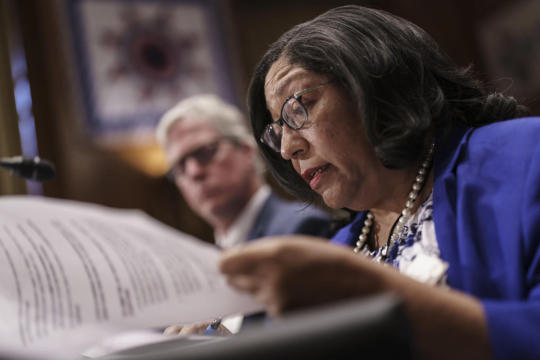
View On WordPress
3 notes
·
View notes
Text
What "reservation" means
When Reservation Dogs came out, I made some noises about how no tribe in Oklahoma has a true reservation. This was in argument (actually, I think I was vague-posting so not direct argument) to people saying the show was problematic for not being realistic enough (not using the real world names for the location, not using tribal members from those areas, not including every demographic [actually, no one complained that they weren't including every demographic; there were lots of complaints they weren't including Black Freedmen, who are 1% of the Cherokee makeup and likely about the same for other OK tribes, aside from Pottawatomie]). I was pointing out the very title of the show declared to anyone who knew shit about Oklahoma Indian issues that this wasn't a documentary and a certain degree of handwavium was going to happen to create a good story.
But since then, I've been hearing this word 'reservation' used more and more in Cherokee sources. And I wondered if forty-five years of my life have been wrong. Today I found a video that cleared that up.
See, when I was growing up, I was told the Cherokees (and none of the Oklahoma tribes) had 'reservations', because a reservation meant the federal government held the land and the Indians just lived on it without ownership. Because we in Oklahoma owned our land as individuals, we weren't on a reservation. But the video explains the reason for the shift: now that SCOTUS/federal government has decided in McGirt to use the definition of 'land reserved as a homeland for this set of people', then yes, it's a reservation.
Thus the change.
2 notes
·
View notes
Text
Both on air and on the website, CNN is putting up conservative talking points.
32 notes
·
View notes
Text
Sam Ford discovers his #Cherokee #Freedmen ancestry on a new #OsiyoTV st...
0 notes
Text
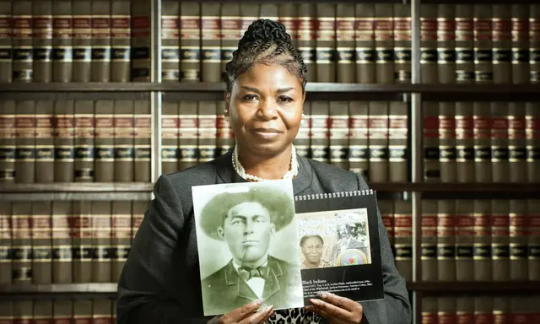
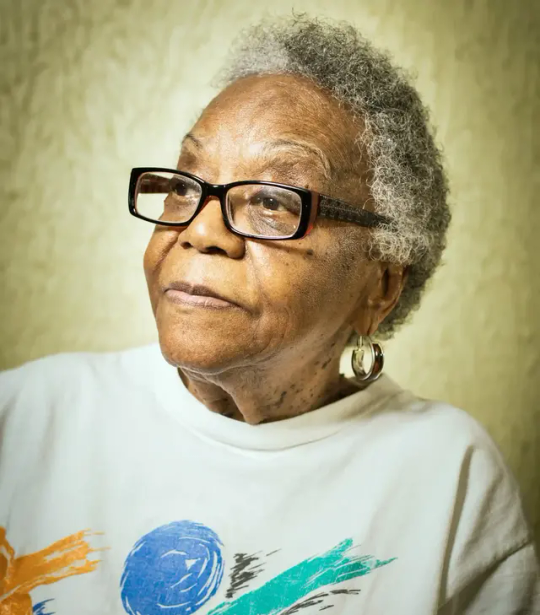
Image #1
Rhonda Grayson, with an image of her great-great grandfather Willie Cohee.
Image #2
Johnnie Mae Austin, whose grandfather was ‘Creek to the bone,’ is a plaintiff in the Creek Freedmen suit. Photograph: Brett Deering/The Guardian
Suing to Reclaim Identity... Is this Action?
The Facts
The ability to sue a nation that has deprived them of connection to their identity is a great source to call for action. Black Native Americans who were apart of the Creek Nation are almost never allowed to join this tribe due the constitution made in 1979. The tribe made this constitution to prevent them from joining. The tribe actually took a vote to "reconstitute citizenship parameters", this kicked out black people who have been members since 1866. The citizenship was limited to the blood quantum which I have talked about in previous posts (Having to have a certain amount of blood to be required Native American). This case for Johnnie Mae Austin to prove her lineage of creek blood which can be found in the "Creek Freedman list of the Dawes roll" still is hindered based upon the perception that there still is not enough Native American blood. The Creek Nation has stated they are a "independent agency", Austin's attorney is sure they have to follow the law just as anyone else. This case may end similar as the lost taken by the Seminole tribes for this case problem.
Highlights from the Stories
"Johnnie Mae Austin and her grandson, Damario Solomon-Simmons, can tell you everything about their ancestry. They can go back as far as 1810, the year Solomon-Simmons’ great-great-great-great-grandfather, Cow Tom, was born. With undeniable pride, they recount the man’s feats of bravery during the civil war, and his leadership within Oklahoma’s Creek population."
"In fact, they are so determined to let the world know exactly who Cow Tom was that they’re suing the Creek nation to make sure his descendants aren’t forgotten."
"Roberts says the actual disenfranchisement of black people by the Creeks and the Cherokee started in the late 20th century coincided with a time when a lot of the tribes had begun to build their economies and make a lot of money. She points out this was precisely the time when many of the Nations started to see an “influx of enrollment applications”.
"The current Creek principal chief, Jamie Floyd, declined to comment, and his press officers referred me to the nation’s citizenship office led by Nathan Wilson. “We’re an independent agency constitutionally and we’re listed in the Constitution as independent,” Wilson told me."
"But the vagueness of the nation’s response shouldn’t be read as a dismissal of the importance of the citizenship issue. In fact, the Creek nation is lawyering up. Venable LLP, a top Washington DC law firm, contacted Solomon-Simmons in August on behalf of the Creek nation. Both the Creek nation and the interior department have filed motions to dismiss on 5 October and the court will respond on 2 November."
Read Entire Story Here
0 notes
